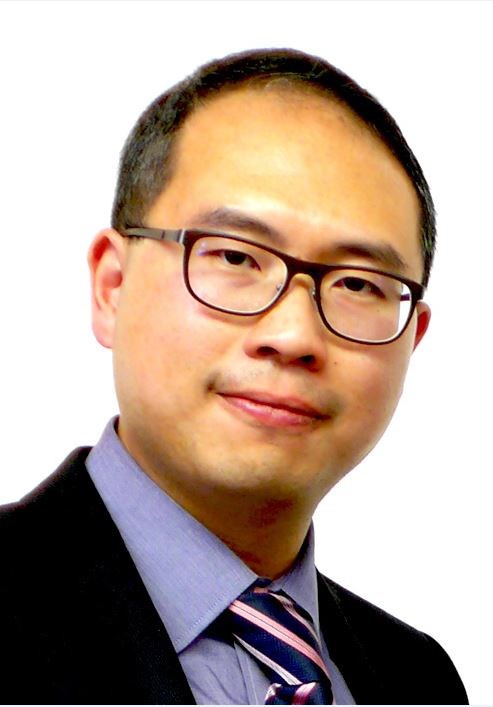It was in 2006 when Benson Hsu published his thesis at the University of B.C. entitled, “Chinese and Western cultural differences in seniors’ attitudes and beliefs concerning hearing loss and related coping strategies.”
The study provided exploratory data and analyses to address the question whether Chinese and Western seniors differ in their attitudes and beliefs regarding hearing loss and related coping strategies. Fast forward to 2017 and Hsu is still working in the field of audiology. The Courier caught up with Hsu to find out where his research stands today.
Q: What inspired you to begin research in this field?
A: From a geographical point of view, given the significant Chinese-Canadian population residing in the Lower Mainland, any additional insights into Chinese seniors would be immediately relevant and potentially beneficial to the communities in close proximity to UBC. On a personal level, being from a Chinese/Taiwanese background myself, it is of tremendous interest to see how traditional Chinese concepts and ideas influence the ways in which people deal with hearing impairment against the backdrop of a modern, pluralistic western society such as the one we find in Vancouver.
Q: Were there any immediate differences you found between Chinese and Western cultures when it comes to hearing loss?
Yes. In general, Chinese-Canadian seniors are less knowledgeable about the professional (e.g., audiologists) help that is available in the management of their hearing issues and have less experience with hearing rehabilitation devices such as hearing aids than their Euro-Canadian counterparts. This is in spite of the fact that many of the Chinese participants had already lived in Canada for nine years or more at the time of survey.
Q: Can you expand on:
1) The causes of hearing loss and the degree of control they have over its development
A: Euro-Canadian seniors tended to associate past career activities with the development of age-related hearing loss more than their Chinese-Canadian counterparts. On the other hand, Chinese seniors tended to agree more strongly than their Western counterparts that hearing loss is a natural part of the aging process consistent with Chinese culture’s intrinsic respect for the elderly individuals in the society. However, contrary to traditional Chinese medical beliefs, Chinese-Canadian seniors did not seem to think that one’s lifelong eating habits play a major role in the development of age-related hearing loss any more so than their Euro-Canadian counterparts.
2) Factors that might constitute obstacles to using hearing aids
A: The impact of age-related hearing loss on the daily lives of Chinese seniors could be somewhat masked by aspects of the Chinese culture (e.g., talking louder in public than Western seniors) and the Chinese languages (i.e., higher ratios of vowels compared to European languages); b) hearing loss and ways of seeking help are not popular conversational topics during social gatherings of Chinese elderly people; c) (partly as a consequence of the previous two factors) Chinese-Canadian seniors generally possess less knowledge about hearing loss and potential treatment options compared to their Euro-Canadian peers.
3) The helpfulness of family members and the necessity of seeking professional attention in dealing with hearing loss
A: Chinese seniors would be more likely to think that family members are more helpful than health care professionals when it comes to hearing loss, while the opposite belief would be usually true for a typical Western elderly person.
Q: What advice can you give to younger family members when it comes to hearing loss in elderly Chinese relatives?
A: I think the key is to educate their elderly relatives about the nature and effects of hearing loss as well as the variety of help that is available to them in a Western society, as Chinese-Canadian seniors tend to be less aware about these matters. Due to the Chinese observance of a familial hierarchy, this form of informal "counselling" from younger family members should be approached in such a way as to make their elderly family members feel respected at all time to maximize the chance that relevant information will be properly received and well retained. Should the daily problems associated with hearing loss become more noticeable, then the young people should also become more vocal about their elderly relatives seeking professional help, which typically begins with a thorough audiological assessment to determine the nature and extent of the hearing impairment. It is paramount for the young people to make it clear, through BOTH words and actions, that they will walk beside their elderly relatives in this journey and will provide any physical and emotional supports necessary to help the elderly relatives hear better again. Such family support would be helpful for any hard-of-hearing individual, but is especially crucial for Chinese-Canadian seniors due to their tendency to rely more heavily on family members when it comes to health care issues.
@sthomas10



